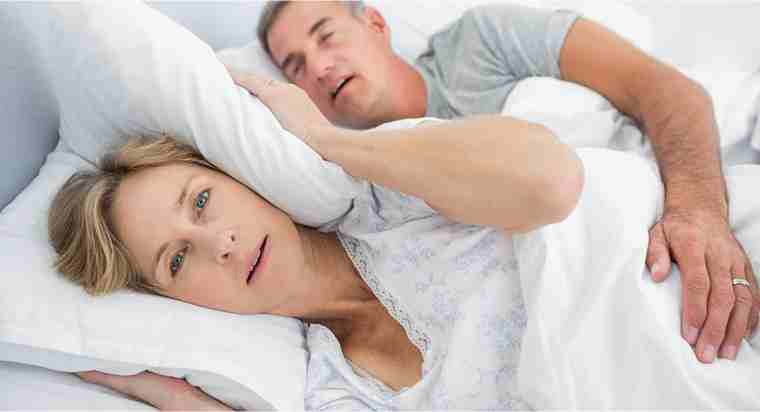Getting proper sleep in terms of both quality and duration is one of the ways to live a healthy and stress-free life. So, you must make sure that you have no problems with sleeping fine.
Sleep Apnea can pose a serious threat to both your mental and physical wellness. In this article, we will show you simple but effective ways to manage Sleep Apnea.
What is Sleep Apnea?
Sleep Apnea is a sleep disorder that causes an individual to stop breathing for 10-20 seconds while asleep. This happens up to five or more times per hour.
Types of Sleep Apnea
There are two types of Sleep Apnea:
- Obstructive Sleep Apnea: This is caused by a blockage of the passage of air in the windpipe.
- Central Sleep Apnea: This occurs when the brain fails to send a signal to your breathing muscles or when the signal is miscommunicated. It’s less common and usually a symptom of an underlying medical condition.
Risk Factors of Sleep Apnea
There’s a chance that you (might) have Sleep Apnea if you:
- are overweight
- have a family history of Sleep Apnea
- are an alcoholic or smoker
- have a large tongue and small air passageways in the nose, throat, or mouth.
- are 40 years old or older
Symptoms of Sleep Apnea
The most common symptom of Sleep Apnea is loud snoring. If you think you have Sleep Apnea, you would need someone who can help check the symptoms for you while you are asleep. Other symptoms include:
- Daytime sleepiness
- Headaches, often in the morning
- Difficulty concentrating
- Trouble remembering things
- Irritability and mood swings
- A patchy throat in the morning
Home Remedies That Can Work
If you think you experience Sleep Apnea or have observed that you experience some of the symptoms above, you can try some home remedies to correct it. If symptoms persist, reach out to a doctor immediately.
1. Maintain a healthy body weight
Being overweight is a risk factor for Sleep Apnea. Excessive neck fat can cause airway constrictions and obstruct the proper flow of air to your lungs when you’re asleep.
If you’re overweight and experience Sleep Apnea, shedding some weight is a great place to start! You can start your weight loss journey by eating healthily and exercising.
2. Reduce your smoking and alcohol intake
Alcohol makes the throat muscles relax, while smoking makes the airways swell. Neither of these reactions is good for your breathing as they’ll make it hard for you to breathe properly and that can result in snoring.
Quitting smoking and alcohol isn’t as easy as it sounds sometimes, so try replacing them with other habits. Also, if recommended by your doctor, try rehab.
3. Use a humidifier
Humidifiers are appliances that add moisture to the air. These help to relieve Sleep Apnea by wetting the air to avoid irritations caused by dry air in the respiratory tract.
Humidifiers can also diffuse fragrances into the air. Hence, you can use essential oils like lavender and eucalyptus which have anti-inflammatory benefits for the device. This will not only clear your airways but also help you fall asleep easily.
Note: your humidifier should be cleaned regularly to ensure that bacteria and molds that can worsen the condition are not harbored in it.
4. Change your sleeping position
The way you lie affects your breathing a lot. It’s advisable to lie on your side to sleep. Most Sleep Apnea patients’ breathing returns to normal when they switch from lying on their backs to their sides. It might be the same for you.
5. Do yoga and throat exercises
Yoga strengthens the throat with its breathing exercises and is also a great way to lose weight. Throat exercises like singing are also good ways to improve your breathing and improve your sleep. You can also pick up hobbies like playing wind instruments.
6. Use oral appliances
You can improve your breathing through the use of oral appliances. These appliances help to keep either the tongue or jaw in place to ensure that the airways are not constricted.
Final Words
While there is no assurance that your Sleep Apnea will be fully cured, these remedies are sure to give you relief. We advise that you visit your doctor for proper diagnosis and treatment to ensure that you enjoy maximum wellness. For further inquiries or recommendations, feel free to reach out to us.



 Translate
Translate

